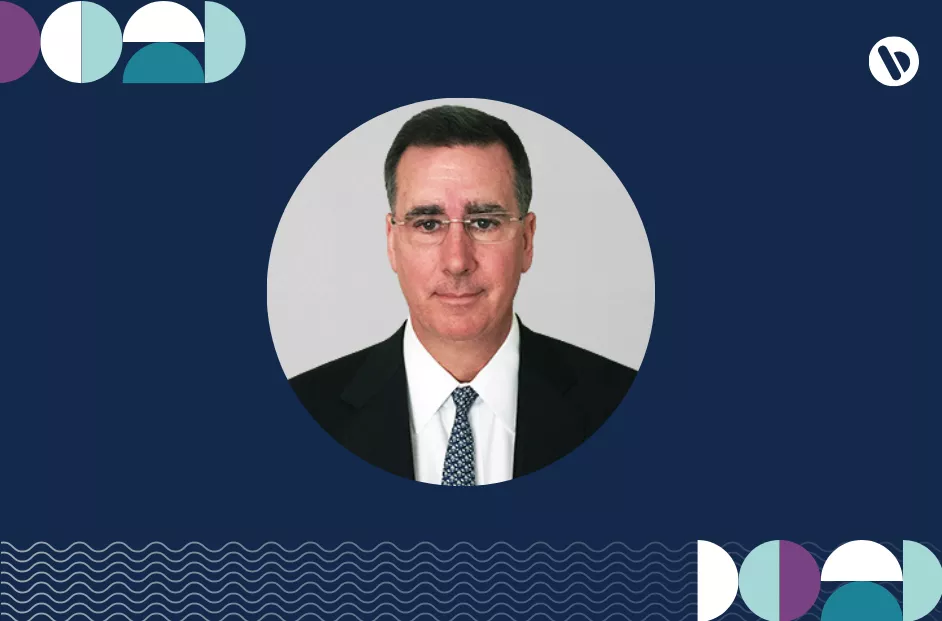
A new Bread Financial study reveals 26% of consumers feel financially incompatible with friends
COLUMBUS, Ohio – May 28, 2024 – Bread Financial™ (NYSE: BFH), a tech-forward financial services company that provides simple, personalized payment, lending, and saving solutions, today released findings from a national study that explores the impact money has on friendships. Among the most interesting findings, 21% of survey respondents have lost a friendship over money, and 26% feel they are financially incompatible with their friends.
Breaking the bank for friends…and breaking friendships for the bank
Findings show lending money to friends can come at a high cost. More than half (57%) of respondents reported borrowing money from friends at some point, with bills being the most common reason at 63%. Nearly a third (30%) of these borrowers also admitted they have never repaid their friends. This often leads to friction in friendships, with 33% of responders indicating that repeated borrowing without repayment was a top driver of relationship tension.
For many respondents, social gatherings with friends lead to other poor financial decisions. Nearly two-thirds (65%) of respondents who go out with their friends say they’ve broken their budgets for social activities. More than one-third (34%) of respondents admitted spending money on experiences with friends due to influence or social pressures, while 23% say they spend money on social experiences to nurture personal relationships. The most common reasons respondents were influenced to spend more than intended included eating out (65%), birthday celebrations (39%), and buying clothing/beauty products (37%) often to “keep up with the Joneses.”
Balancing act of giving & taking: Gen Z and Millennials
Younger generations, including Gen Z and Millennials, are deeply intertwined with their friends regarding finances. Sixty-five percent of Gen Z and 59% of Millennials indicated feeling financially compatible with their friends. This compatibility extends to lending money, with 95% of Gen Z respondents comfortable with the idea, compared to 80% of Baby Boomers.
Conversely, borrowing money from friends is common practice among Gen Z (61%) and Millennials (70%), whereas only 38% of Baby Boomers report the same. Moreover, the influence of friends on spending habits is notable, with 36% of Millennials and 30% of Gen Z admitting to being swayed by their peers.
However, this often leads to financial sacrifices. Seventy-four percent of Millennials and 67% of Gen Z admitted breaking their budgets to socialize with friends. Additionally, nearly 40% of Gen Z respondents confirm that friend influence is a reason for increased spending, in contrast to the 13% of Baby Boomers who do the same. Notably, one in four Gen Zers (28%) are spending more than $200 a month on social activities with friends and 19% of both Gen Z and Millennials reported spending between $200 and $499 per month showing a significant financial commitment for younger demographics.
Men spend more with friends – and lose more friends
Some men are willing to spend more, and more often, on social engagements with friends. They are nearly three times as likely (15%) to spend on activities with friends daily compared to women (6%). Men are also twice as likely (8%) to spend more than $500 a month on friends compared to women (4%). When it comes to lending, a portion of men (27%) say they would lend between $500 and $10,000 to their friends if money was no object, compared to 15% of women who say they would do the same. Also, men are much more comfortable discussing their finances with friends, with 37% saying they feel comfortable doing so compared to 22% of women.
Women are less likely to let finances damage their friendships than men. More than half (52%) of female respondents say financial differences have never caused tension or conflict in their friendships, yet only 39% of male respondents could say the same. Additionally, slightly more men (24%) have lost friendships over money, compared to 17% of women.
“Money is not the be-all, end-all of any friendship – but it can play a significant role between even the best of friends,” said Lindsay Bryan-Podvin, a behavioral finance expert and consultant to Bread Financial. “This doesn't mean people from different financial backgrounds or how they choose to spend their money can't have meaningful connections. However, to develop and sustain strong friendships where money is a recurring factor, it's crucial to have open money conversations, including setting clear financial boundaries and discussing money goals. A healthy friendship includes navigating money conversations, and there are ways to do it that can help you feel closer, too."
Money is not the be-all, end-all, of any friendship – but it can play a significant role between even the best of friends."
Lindsay Bryan-Podvin - Behavioral Finance Expert and Consultant to Bread Financial
Methodology
1,670 US consumers 18+ participated in this study conducted by Bread Financial via an online quantitative survey between April 29 and 30, 2024.
About Bread Financial®
Bread Financial® (NYSE: BFH) is a tech-forward financial services company that provides simple, personalized payment, lending and saving solutions to millions of U.S. consumers. Our payment solutions, including Bread Financial general purpose credit cards and savings products, empower our customers and their passions for a better life. Additionally, we deliver growth for some of the most recognized brands in travel & entertainment, health & beauty, jewelry and specialty apparel through our private label and co-brand credit cards and pay-over-time products providing choice and value to our shared customers.
Bread Financial proudly marks 30 years of success in 2026. To learn more about our global associates, our performance and our sustainability progress, visit breadfinancial.com or follow us on Instagram and LinkedIn.


